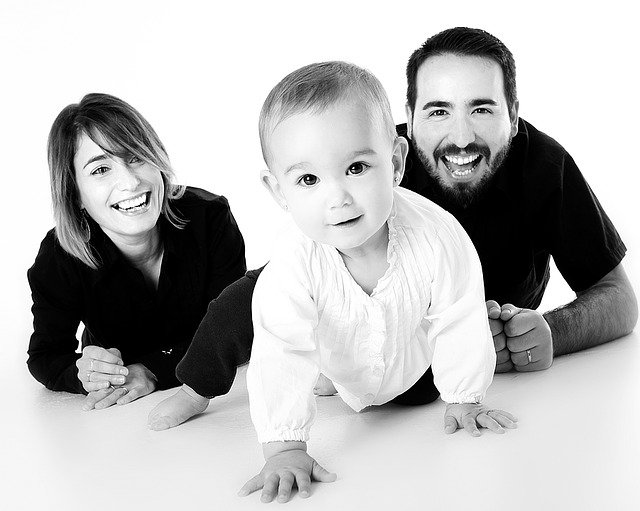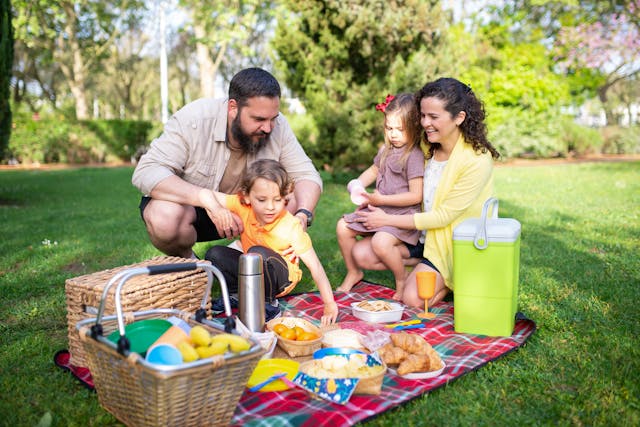It’s a common misconception that in therapy, a person will blame all of their life issues on their parents. This is not true.
However, decades of research indicate that a person’s mother’s or father’s parenting style may have an impact on how they approach relationships, difficulties, and opportunities.
This, however, does not imply that an adult cannot change, especially after they recognise the potential triggers for their conduct.
Parents who become conscious of the drawbacks in their own approach to parenting and how it could influence their children could also adjust their behaviour.
If you’re wondering what your parenting style is and how it can influence your kids, for better or worse, read on. Below is a list of some common parenting styles you might identify with.
1. Authoritarian
An authoritarian parent exerts strong control over their kids. For example, they are more likely to approve of and participate in corporal punishment (e.g., spanking). In addition, they usually establish and follow a rigorous set of rules designed to produce obedient kids. Children raised authoritatively are typically competent and compliant, but they score lower on happiness, social skills, and self-esteem.
2. Neglectful
Uninvolved or disengaged parents play a limited parenting role. They usually don’t engage their children in discussion, play, or other activities other parents typically do with their kids. They might not bother establishing home rules, so their kids grow up without structure or boundaries. Children of negligent parents tend to struggle with self-control, suffer from low self-esteem, and have difficulty developing competence.
3. Indulgent
Although they may be caring and attentive, indulgent (or permissive) parents also don’t have many boundaries for their kids. They might put their child’s friendship over their relationship as parent and child. Children of permissive parents may be more creative. However, they usually feel more entitled and have trouble self-regulating. They may also value taking in relationships more than giving and sometimes rank low in happiness.
4. Attachment
Attachment parenting is child-centred, where the parent focuses on providing a safe, secure environment for their child. They usually maintain a lot of physical contact and practise co-sleeping during their child’s infancy. Parents who practise attachment parenting may have little to no time for themselves. However, the upside of this parenting style is that their children may grow up resilient, empathetic, independent and less prone to stress.
5. Helicopter
Helicopter parents are characterised as ‘hyper-involved’ with their children’s lives. Helicopter parenting can take many different forms, but in the simplest terms, it entails the parent being there by their child’s side at all times (even when it’s absolutely unnecessary) — whether their kid is playing or doing their homework, looking for a job, etc. Although some parents believe that helicopter parenting is beneficial, it can lead to a child becoming insecure or having low self-esteem.
6. Authoritative
People who practise authoritative parenting (sometimes called gentle parenting) are generally considered ideal parents. They are pragmatic and more flexible. They encourage children to be independent while simultaneously establishing clear boundaries. Discipline is geared toward providing support rather than punishment. Children of authoritative parents tend to be self-reliant, competent, happy and successful.
So, what’s your parenting style?
If you think you’re not the best parent you could be, there’s always time for a change.
And hopefully, you’ll find the information shared here helpful.
If this article has inspired you to think about your own unique situation and, more importantly, what you and your family are going through right now, please contact your advice professional.
(Feedsy Exclusive)





